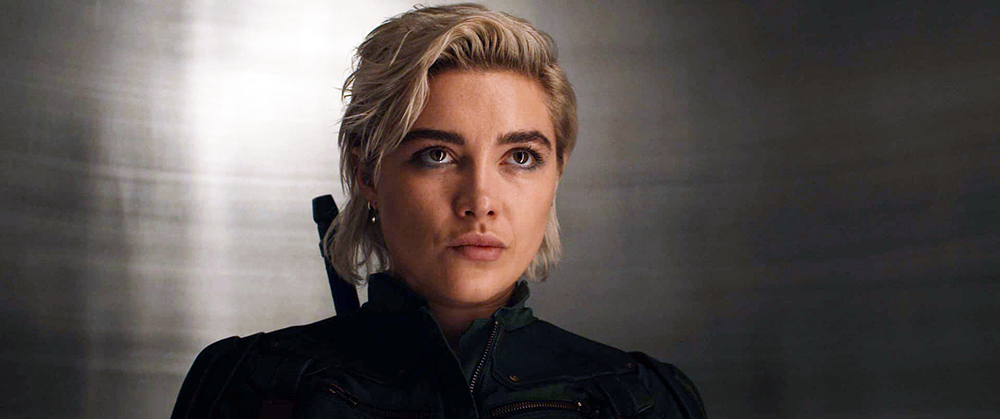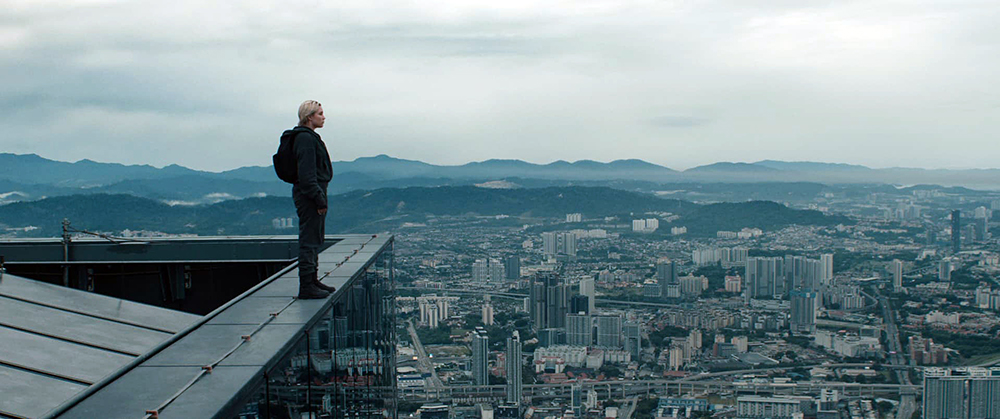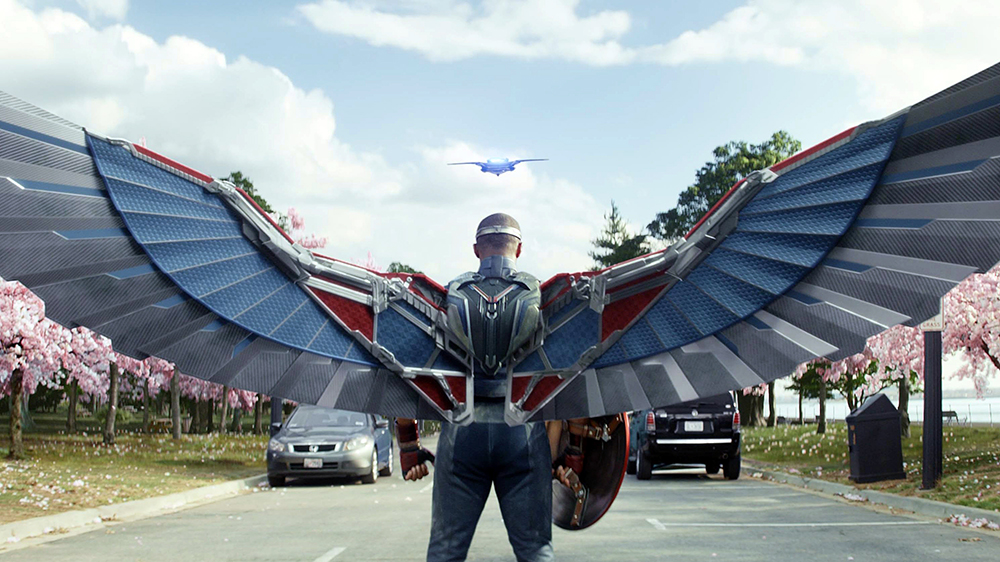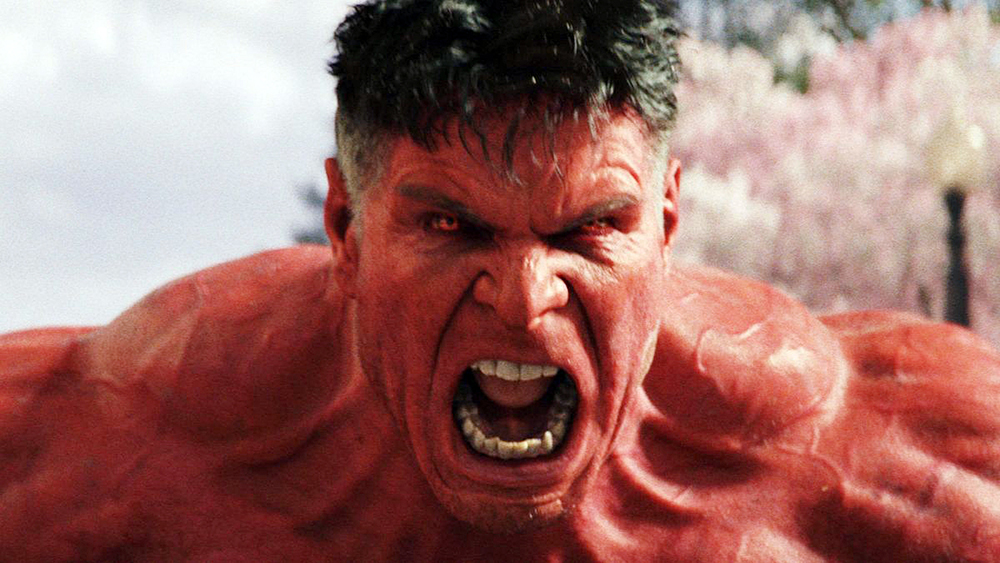Before we begin, I want to get one thing straight: I hate Bucky Barnes.
I’ve been tired of Marvel superhero movies for the better part of a decade now. So, so tired. I’m burned-out on superheroes in general, and the Marvel pantheon in particular. And yet, we’re still doing it. Punching, quipping, popping in and out of existence at the snap of a finger. It’s exhausting.
The old crew, the ones who starred in The Avengers, are long gone. They’re off counting their money, making guest appearances on Saturday Night Live, and getting run over by snowplows. ScarJo; Evans, the best of the Chrises; token liberal Mark Ruffalo; luckiest dude alive Jeremy Renner; and, of course, RDJ. We had some times.
But Bucky Barnes, played by Sebastian Stan, is the most useless superhero. His function as Steve Rogers’ Army buddy was always to get into trouble so Captain America can have something to feel guilty about. He “died,” then came back as a Hydra experiment designed to recreate Cap’s lost super soldier serum. Also, he has a bionic arm, which is a big cyborg cop-out of a superpower. Captain America would save his old buddy Bucky, then Bucky’s brainwashing would kick in, and he would betray Cap. After it happens a couple of times, don’t you just go, “Okay, we tried, but he can’t be saved?” Put him out of his misery. Let Vision do it.

But no, The Good Chris is gone, we’re on our third or fourth super team Disney desperately needs us to like because the quarterly earnings call is coming up, and that boat ain’t gonna pay for itself. (Didthe Eternals count? I don’t freakin’ know.) Yet Bucky still endures. There’s a whole sequence in Thunderbolts* devoted to making Bucky Barnes look like the biggest badass of the bunch. He’s blowing up Hummers with explosives that make them flip end over end, which is not a thing that happens in places where the laws of physics apply. It falls flat because Bucky’s a chump, and not even Stan (who is not a bad actor, in the big picture of bad actors) can sell it.
In the current timeline, Bucky was just elected to his first term in Congress. Congressman Bucky is very J.D. Vance coded because of course he is. Soulless weirdos getting elected is one of those nods to realism that makes the MCU so relevant. Really got the finger on the pulse there, guys.
Unsurprisingly, Bucky sucks at legislating. Understandable, since physical assaults on the House floor have been relatively rare since January 6, 2021. He’s still got that old c-rimefighting urge, though, and the new director of the CIA, Valentina Allegra de Fontaine (Julia Louis-Dreyfus), is setting off his Spidey sense. Director de Fontaine is a walking, talking, call-taking nightmare of oligarchic institutional capture, who has used her wealth to conduct terrible secret experiments at the edge of science. Wow, more realism.
Bucky and a colleague credited as “Gary: A Congressman” (Wendell Pierce: an actor) are trying to impeach her. To avoid impeachment, imprisonment, and confiscation of her ill-gotten fortune, de Fontaine must destroy the evidence of her extracurricular activities. She turns to a trusted asset, Yelena Belova (Florence Pugh), to blow up a secret O.X.E. Group laboratory. Yelena, the adoptive sister of Black Widow and a product of Soviet super-assassin conditioning, is suffering from burnout. She wakes up; she stares at her phone; she goes to work and kills a bunch of guys. What’s the point? There will just be more guys to kill tomorrow.
After a reunion with her deadbeat dad, Soviet super-soldier Red Guardian (David Harbour), she decides to ask for a promotion. Maybe something in the heroic register? De Fontaine assures her, if she completes one more secret assignment, she can commit redemptive violence for a change.
The mission to investigate a secret vault where the secrets are stored turns out to be a trap. Yelena, you see, is also evidence which needs to be destroyed. So is John Walker, aka U.S. Agent (Wyatt Russell), an American super-soldier (there sure are a lot of those) who was briefly Captain America before … well, some bad stuff happened, and now he’s a professional violence worker. Antonia Dreykov (Olga Kurylenko), aka Taskmaster, and Ghost (Hannah John-Kamen) are also there, and they soon discover they’re all assigned to kill each other.
Trapped in the exploding fight-vault with them is a dude named Bob, who has no idea why or how he got there. Did you guess that they will all have to work together and rethink their roles as villains in order to survive deadly treachery by someone who was on Seinfeld? Because that’s what happens.
Bob, it turns out, is yet another victim of super-science gone awry. He will become The Void, whose evil plot is to give all of Manhattan depression. Again, totally relatable.
Maybe it’s these new antidepressants talking, but I didn’t hate Thunderbolts* as much as I feared. After a little introspection while Yelena and crew were incepting through The Void’s depression world, A Nightmare on Elm Street 3: Dream Warriors-style, I realized why.
It’s because of Pugh and Harbour’s outrageous Russian accents.
What can I say? I, a professional film critic, am a sucker for a stupid accent. The key is, the actor has to know the accent is stupid and lean into it. Think Clooney in Oh Brother, Where Art Thou? Pugh’s fluctuating pronunciations say to me, “Yes, this movie is stupid. But we’re in it together, so we might as well make the most of this fun accent.” So when the Thunderbolts* finally defeat The Void with hugs**, I was like, “Thank you, Francis Pugh, I needed that.”
*Yes, the asterisk in the title is there for a reason, and yes, the reason is stupid.
**This is not a joke.
Thunderbolts*
Now playing
Multiple locations


